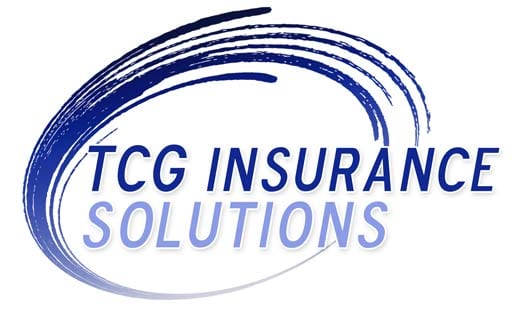Retirement is a time when many people look forward to relaxing and enjoying the fruits of their labor. However, it can also be a time when cash flow issues arise, particularly if retirees haven’t planned their finances properly. We’ll discuss a few strategies that can help manage cash flow issues in retirement.
Adjust Your Withdrawal Rate
One of the primary ways retirees generate cash flow is by withdrawing funds from their retirement portfolios. However, if the withdrawal rate is too high, it can quickly deplete the portfolio and cause financial stress. Therefore, it may be beneficial to adjust the withdrawal rate. Retirees can start by reviewing their current withdrawal rate and comparing it to their portfolio’s performance. If the rate is too high, they may want to reduce it to a more sustainable level.
Alternatively, they could explore other ways to generate income, such as taking advantage of dividend-paying stocks or investing in rental properties. Retirees should also consider their age, health, and lifestyle when determining an appropriate withdrawal rate. As they get older, they may need to adjust their withdrawal rate downward to ensure that their retirement funds last as long as possible.
Move Into a Smaller Home
Many retirees likely don’t need all the space in their current homes. Downsizing to a smaller home can help free up cash flow by reducing mortgage payments, property taxes, and other home-related expenses. In addition, a smaller home may be easier to maintain, which can help reduce ongoing expenses. Of course, moving to a smaller home is a big decision that requires careful consideration.
Retirees should weigh the costs and benefits of moving, including the potential impact on their lifestyle, social network, and family relationships. For many retirees, downsizing can be a smart financial move that helps improve cash flow in retirement. Another option for retirees who don’t want to move is to rent out rooms in their current homes. Renting out a room or two can provide additional income, while still allowing the homeowner to stay in the same house. This approach requires careful planning and research, however, as there are various legal and financial considerations involved.
Take a Part-time Job
Gaining an additional stream of income in retirement is achievable with a part-time position. This can be a great way to supplement retirement income while staying active and engaged in the workforce. Part-time jobs can be found in a variety of industries, including retail, hospitality, healthcare, and education. Retirees who choose to work part-time should consider their skills and interests when looking for employment. For example, someone with a background in education may enjoy tutoring or teaching part-time, while someone with a love for animals may enjoy working at a pet store or animal shelter. The key is to find a part-time job that is fulfilling and enjoyable, while also providing the necessary cash flow to meet financial goals.
Managing cash flow issues in retirement require careful planning and consideration. By taking a proactive approach to managing their finances, retirees can enjoy a comfortable retirement with a stable cash flow.
Did you enjoy reading this article? Here’s more to read: What to Know About Becoming an Expat in Retirement


